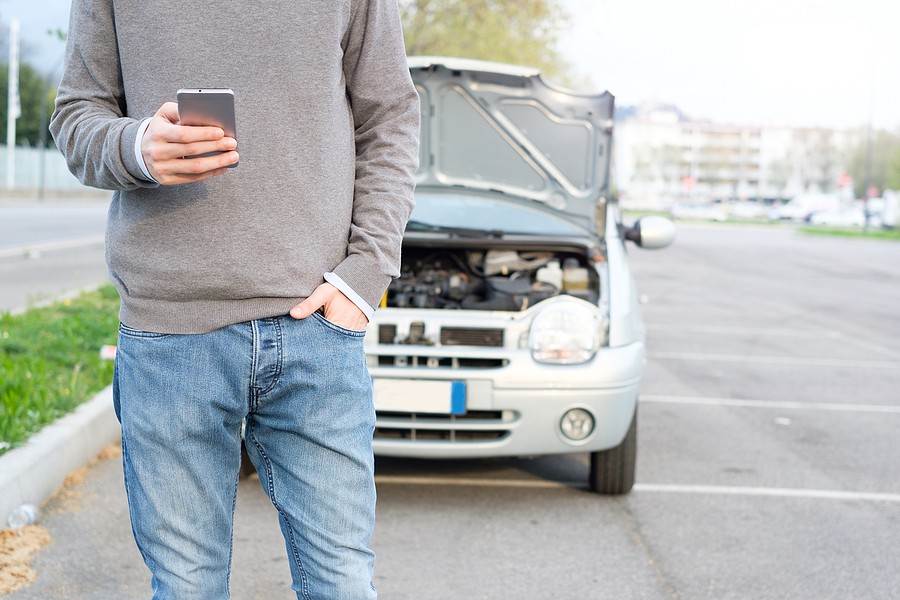It's a well-known fact that cars need oil to run properly. But what happens when your car runs out of oil? The engine locks up. Without oil, the metal parts in the engine rub against each other and create heat. This heat can cause the metal to expand and warp, lock up the engine.
When your engine locks up, it can be a scary experience. You're left wondering what you should do to fix the problem and get back on the road as soon as possible.
This article will give you some tips for what to do if your engine locks up, including a step-by-step guide for diagnosing and repairing common problems that cause an engine lockup.

What is locking up an engine?
Locking up an engine is when the metal parts in the engine rub against each other and create heat. This heat can cause the metal to expand and warp, lock up the engine.
This is why you must never try to drive a car with an engine lockup. It will cause further damage and make the problem much worse.
Why does your engine need oil?
Every time you drive, parts in your engine turn and move. Think of your engine as a giant machine with all sorts of moving parts: pistons, valves, crankshaft, bearings, and so on.
When your engine is working properly, the parts move smoothly against each other. But if there's not enough oil in the engine, the moving parts create friction and heat.
Two main types of failures can happen when you run low on oil: lack of lubrication (the most common reason for this is simply because you ran out of oil) or mechanical failure (this one is comparatively rare). Let's go over both these reasons to see what can cause engine lockup. Lack Of Lubrication When your car runs out of oil, the parts in the engine start to rub together and generate heat. Some moving metal parts like valves can even start hitting each other if enough heat is generated.
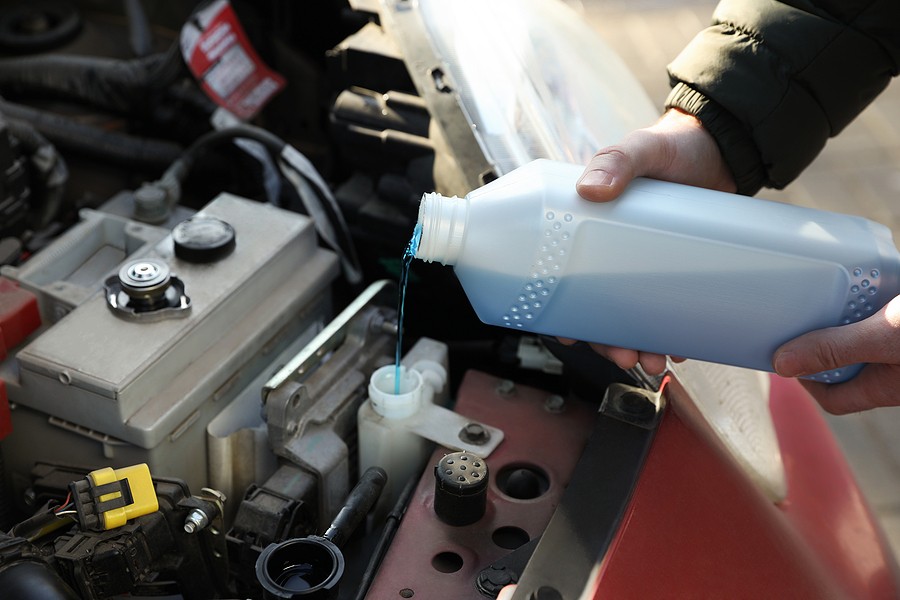
Causes for seized engines
In most cases, your vehicle's engine will only lock up because of a lack of lubrication. But there are some other common reasons why your engine might seize:
1. Oil leak
If oil leaks from the engine, this could eventually lead to an engine failure if no action is taken. There are many places in the car that oil can leak from. Some parts include the gasket between the oil pan and the engine block, the rocker cover gasket, or an oil filter housing gasket.
2. Crack in the cylinder head
If there is a crack in your cylinder head, this means that fluids are leaking into unwanted areas of the engine, which normally can't happen if the head is intact. This leads to engine failure.
3. Worn piston rings
A worn piston ring will allow an excessive amount of oil into the combustion chamber, which in turn can lead to an engine lockup due to a lack of lubrication.
4. Bad or broken valve
If your valves are not closing completely or staying closed when supposed to, they can allow too much oil into the engine.
5. Bad timing belt
If your timing belt is not correctly functioning or has skipped teeth on it, this will alter the engine's compression cycle, which means that parts are not moving through their intended movements and can cause them to seize up.
6. Seized piston
If your piston is seized, it can lead to an engine lockup. This problem is very serious because of the amount of pressure exerted on the cylinder walls when pistons are moving and should be dealt with as soon as possible.
7. Engine overheating
If your engine begins running hot due to problems with the cooling system or thermostat, this can lead to engine failure due to the parts in your engine expanding too much and causing an excessive amount of friction.
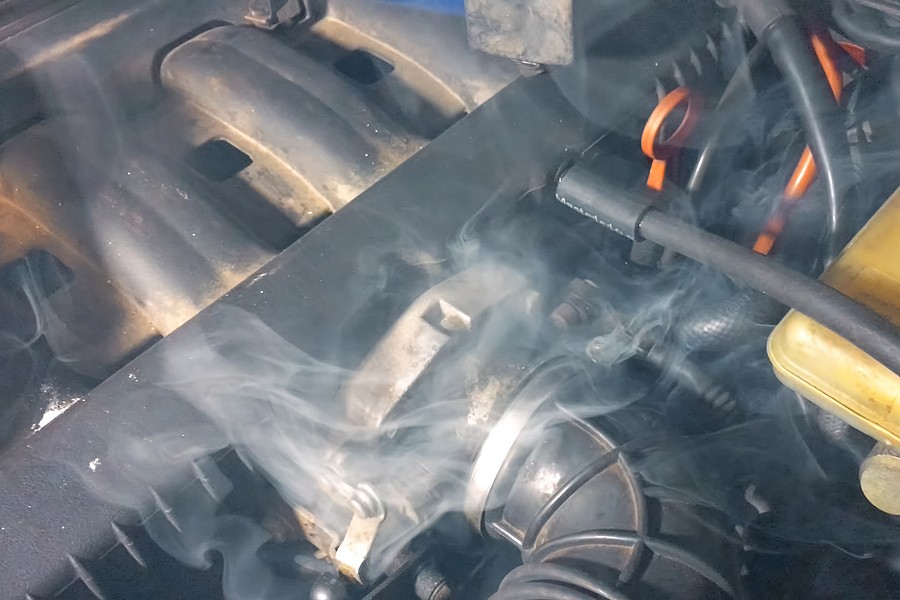
8. Bad water pump
If your water pump is not working properly, it can cause the cooling system to fail, which will eventually lead to overheating the engine, which could again lead to an epic seizure.
9. Ignition coil pack failure
An ignition coil pack controls voltage delivery for each spark plug in your car's engine. If any of them goes out due to a problem with the ignition coils or wires, it can be difficult for you to start up your car because the spark plugs won't get the correct voltage from the faulty ignition coil packs.
10. Camshaft failure
If your camshaft has seized, this will lead to a lack of compression in the cylinders, and you'll be unable to start up your vehicle.
How to repair a locked-up engine?
If your engine has locked up because it ran out of oil, there are a variety of different solutions that you can try before you have to get your car towed to a mechanic. First, you'll need to shut off the engine and find out where the leak is coming from, which will likely be either the oil pan, the rocker cover gasket, or the oil filter head. If you find that your engine is locked up because it's overheating, then the first thing you should do is shut it off and let it cool down completely before starting it again.
If none of these work, then you'll need to try to turn your car back on with a few different techniques:
1. Put the shifter in neutral and start turning over the engine while pumping the accelerator pedal.
2. If this does not work, put the shifter into 4th gear and continue turning over the engine as if starting a manual vehicle without using your foot on the gas pedal at all.
3. This should be followed by putting the shifter into 3rd gear and turning over the engine again.
4. Finally, you should put it back into neutral, turn it on, and try to start up your vehicle normally. Remember that even if your car doesn't start right away the first few times, don't give up. Just keep trying until the engine is warm enough to turn over without assistance from any other gearbox or pedals.
If you find that none of these are working for you, then you will likely need to take your car in for repairs as soon as possible!
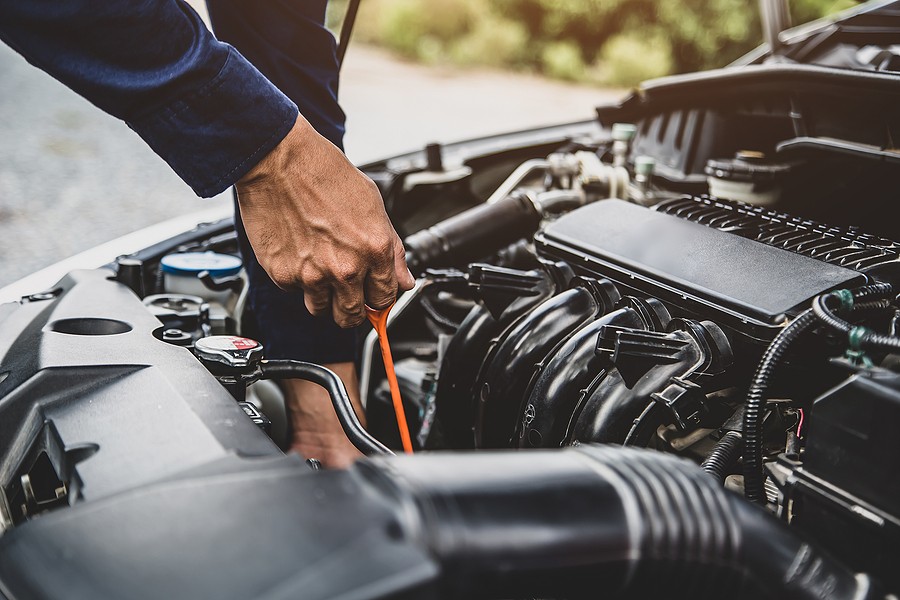
Preventative measures to take against future engine lockups
Engine locking up is never a fun situation to be in. Therefore, there are some steps you can take to prevent engine problems in the future, such as:
1. Be sure to check your oil regularly, and have it changed at a mechanic or auto shop as necessary
2. Keep an eye on your water pump and ensure that it's functioning properly. If you notice a leak or a lack of coolant, take your vehicle to a mechanic as soon as possible to prevent further damage
3. Keep an eye on your timing belt and be sure that it is changed every 60,000 miles
4. Be sure that the rest of your timing components are in good condition as well- if you need to replace any parts for this system, see a professional right away!
5. Keep an eye out for warning signs of overheating– there will usually be steam coming from the engine bay or an excessive amount of condensation inside the car after sitting stationary for a long period.
6. Check all of your spark plugs and ignition coils to ensure that they are in good condition. If you notice any corrosion, replace the part as soon as possible!
7. Keep your engine well maintained- if there is a problem with it, be sure to get it repaired before anything serious happens!
8. Don't use oil that is too heavy or too light for your vehicle's needs- this could cause some problems with performance and power delivery
9. Pay attention to noises your car makes when accelerating and driving at constant speeds on the road- unusual sounds could indicate something wrong within your vehicle's engine
10. Always look under the hood of your car after driving to check for any leaks damage to parts such as belts, hoses, or oil
Engine locks up: FAQs.
This section answers some questions about engine lockup problems and what to do about them.
How do you unlock an engine?
It's not as simple as just popping the hood and turning a couple of bolts. You need to take a few steps, such as releasing any pressure that has built up in your engine due to cooling fans stopping when the car is turned off and bleeding the brakes so that they don't apply anymore once you turn on the ignition.
There are a few different ways to go about doing this. First, if you have a friend who knows how to do these kinds of things with your vehicle, they may be able to help you unlock the engine without having to take it in for repairs. However, if you don't know where to start with fixing an engine that will not turn on or is locked up for some reason, it is best to contact a mechanic.

What are the signs of a locked engine?
Several signs may indicate that your engine has locked up.
- The Check Engine light will likely turn on when there is a problem in the ignition system, so this should be one of the first things to check for when you think something is wrong with your car.
- Also, if there is excess condensation building up in your car when you have not been driving it, or if the engine is making unusual sounds at high speeds, that could indicate that there is something wrong with your vehicle.
Can a locked engine damage the alternator and battery?
Engines that lock up can cause other components to be worn out faster than they normally would. For example, if the battery cables are corroded when you turn on your ignition, there could be a short circuit or electrical problem that will need to be checked out by a professional. Likewise, if the alternator is not charging the battery correctly, then it also needs to be looked at by a mechanic as soon as possible to prevent further damage to the car.
How much does it cost to unlock an engine?
It depends on what is wrong with your car and how much work will need to fix the problem. If it's something minor like replacing a faulty ignition coil, it may only cost around $50 for parts plus labor. However, if you have issues with the crankshaft position sensor or camshaft timing, it may cost more than $100 for repairs. It is best to take an engine that has been locked up to a mechanic for diagnosis to get an accurate quote based on the problem that your vehicle is having.
Will a seized engine turn over?
Yes. If the engine has locked up, it will be difficult or impossible to get started when you turn on your ignition key. A professional mechanic can remove the lock and get your car running again, so you don't have to spend money on a new engine!
Do not attempt to start your vehicle if you think this may be the problem. If the vehicle is flooded with fuel, it is likely to cause damage or even start on fire.
What can happen if an engine locks up?
It depends on what caused the car's engine to lock up in the first place, but it could be anything from a short circuit failure to serious engine problems.
If you are comfortable working on your car, you can fix the engine yourself. However, if you are not sure how to do this, it is best to contact a professional mechanic or someone who has experience with these types of repairs to get an accurate quote for fixing the problem.
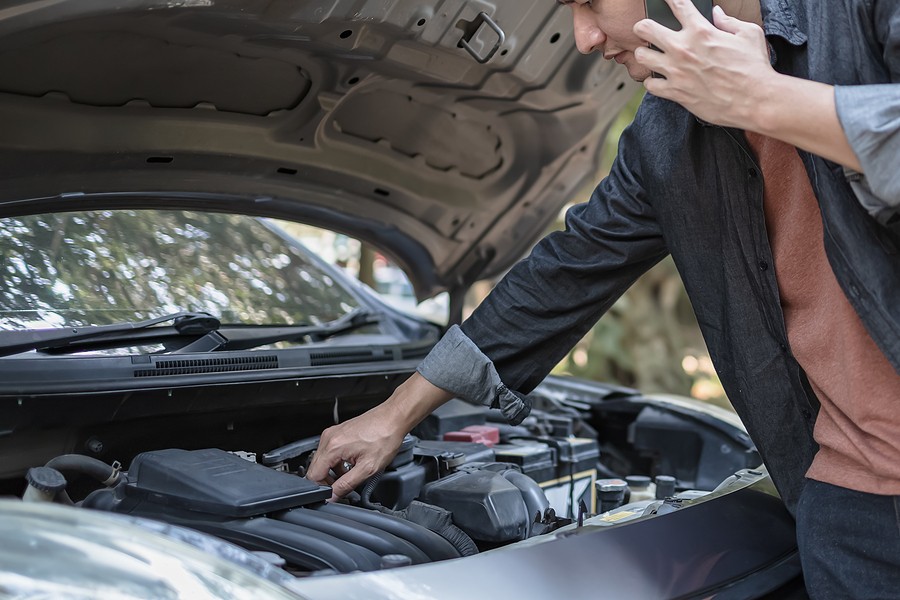
Conclusion
Engine locking up is never a fun situation to be in, but with a few preventive measures and some know-how, you can increase your chances of avoiding this problem altogether. If you find that your engine has locked up, try one of the techniques we've outlined in this article before taking it in for repairs. We hope this information was helpful and will help you get back on the road as soon as possible!

